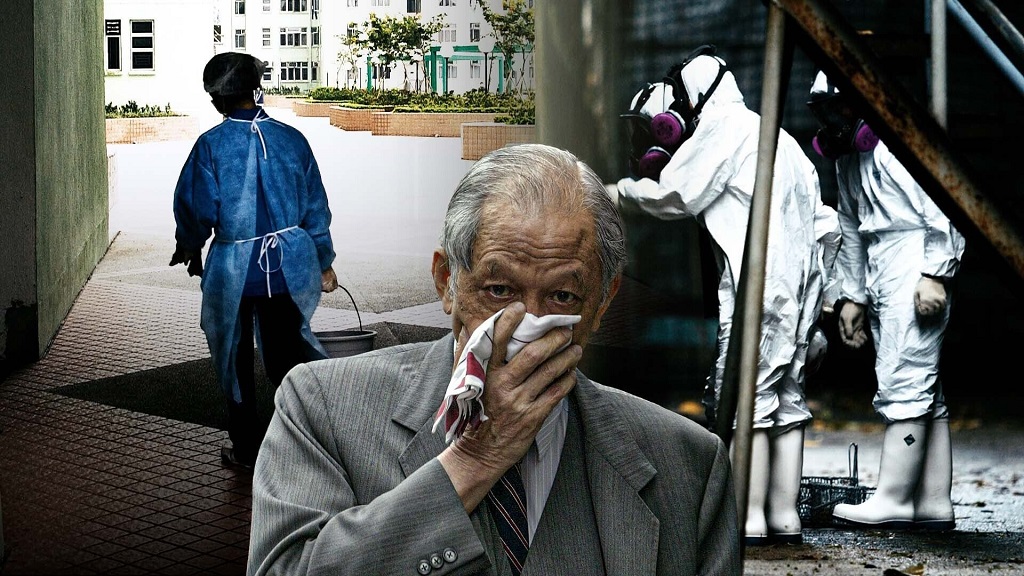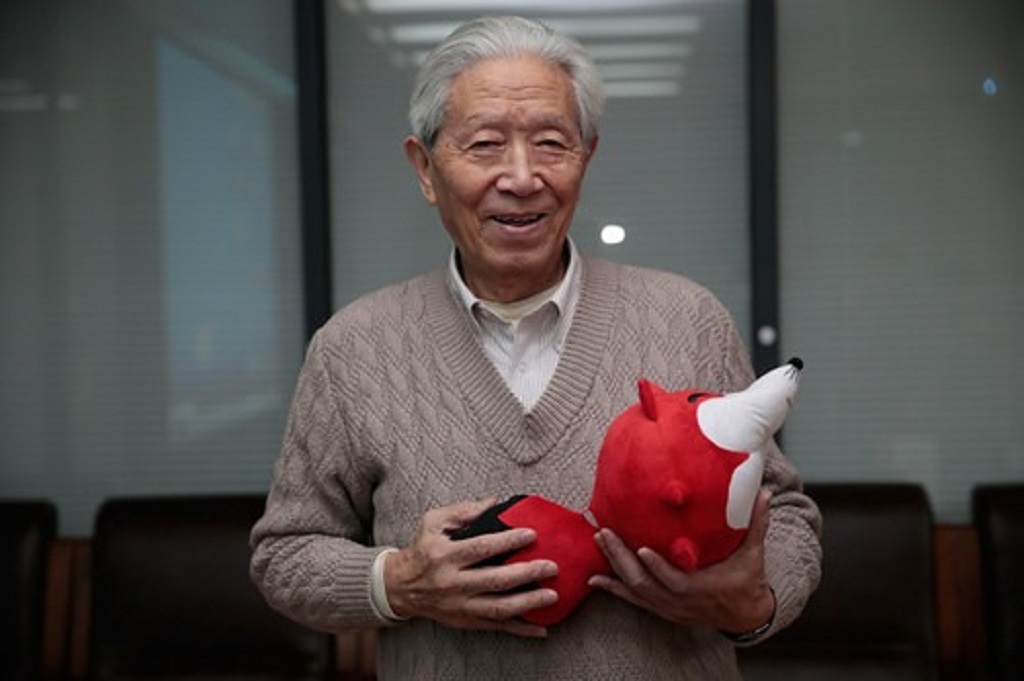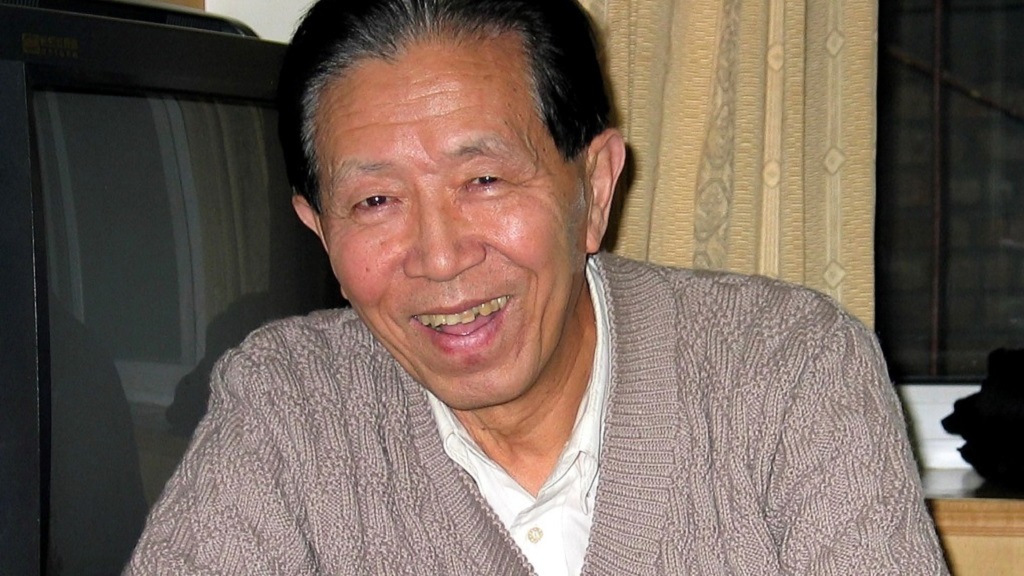Jiang Yanyong Death was a major shock to many people as he died of pneumonia and other illnesses on Saturday.
Jiang Yanyong was a Chinese physician who exposed a cover-up of the Mainland China severe acute respiratory syndrome pandemic.
Born into the Zhejiang Xingye Bank family, Jiang was the top physician of Beijing’s 301 Hospital and a prominent member of the Chinese Communist Party.
He joined the People’s Liberation Army in 1954 and was posted to the Beijing-based 301 Hospital (PLA General Hospital). Jiang was appointed chief surgeon of the hospital in 1987.
Also Read: 36 Years Old Female Teacher Arrested Adelaide For Child Sex Offenses
As the SARS virus began to spread in Mainland China in late 2002 and early 2003, the authorities significantly misrepresented the number of cases recorded. Jiang reported this fact in an 800-word email to Chinese Central Television -4 (CCTV4) and Phoenix TV (Hong Kong) on April 4, 2003.
Jiang Yanyong Death And Obituary: How Did Chinese Physician Die?
Jiang Yanyong, a Chinese military doctor who disclosed the true scope of the 2003 SARS outbreak and was later placed under House arrest for his political outspokenness, died Tuesday, according to a long-time acquaintance and a Hong Kong publication.
Jiang, 91, died of pneumonia in Beijing on Saturday, according to human rights campaigner Hu Jia and the South China Morning Post.

Inside China, news of Jiang’s death and even his name were restricted, demonstrating how he remained a politically sensitive figure even in his old age.
Also Read: Manuel Rico And Jose Daniel – Arrested For The Murder Of Andrew Cisneros
He was chief surgeon at the People’s Liberation Army’s primary 301 hospitals in Beijing in 1989. The army battled across the city to end weeks of student-led pro-democracy demonstrations centered on Tiananmen Square, killing hundreds, if not thousands, of civilians.
In April 2003, as the governing Communist Party was suppressing news about the emergence of the highly contagious Severe Acute Respiratory Syndrome, Jiang penned an 800-word letter claiming that there were many more SARS cases than the country’s health minister was reporting.
He was denied travel three years after receiving the Heinz R. Pagels Human Rights of Scientists Award from the New York Academy of Sciences.
China’s response to the initial outbreak of COVID-19 initially identified in the central Chinese city of Wuhan in late 2019, echoed Jiang’s experience.
Who Is Hua Zhongwei? Meet Jiang Yanyong Wife
Hua Zhongwei is the wife of Jiang Yanyong, a Chinese military doctor who garnered worldwide attention in 2003 for his involvement in revealing China’s SARS cover-up. Jiang Yanyong passed away at 91 and is survived by his wife, Hua Zhongwei and their son and daughter.
Apart from her marriage to Jiang Yanyong, nothing is known about Hua Zhongwei. Her name, however, appears on biographical websites like Biographies.net as the wife of Jiang Yanyong.

Jiang and his wife have been under House arrest since 2004 for appealing to Communist leaders to reevaluate the 1989 protests, which remain taboo. That reminded Jiang of his former experiences as a rightist under Mao Zedong in the 1950s, 1960s, and 1970s.
Born into a banking family in Zhejiang’s eastern province, Jiang studied medicine at the missionary-run Yenching University beginning in 1949.
After graduating in 1957, he worked for the People’s Liberation Army general hospital. During the Cultural Revolution, he was banished to the countryside for hard duty for several years and returned to the hospital in 1972.
He was the chief surgeon at the People’s Liberation Army’s primary 301 hospitals in Beijing when the army pushed through the city to end weeks of student-led pro-democracy demonstrations centered on Tiananmen Square, killing hundreds, if not thousands, of civilians.
Jiang received the Ramon Magsaysay Award for Public Service from the Philippines in 2004, which some see as the Asian equivalent of the Nobel Peace Prize. He was thanked in the citation for breaking “China’s propensity of reticence and forcing the truth about SARS into the light.”

